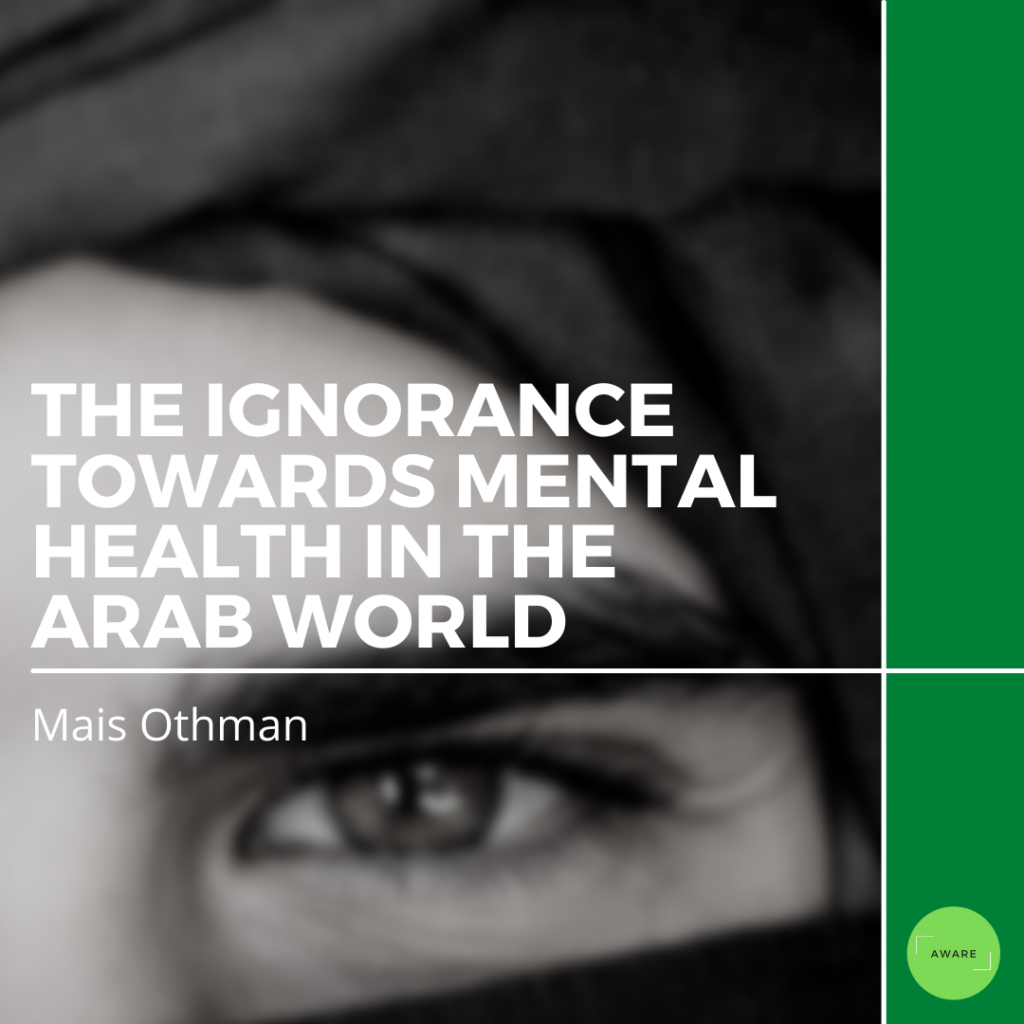In the past, Arabs led the world in medicine, mathematics, and philosophy. However, when the rest of the world caught up, progressed, and developed, most of the Arab world was stuck behind in the same loop. This limited Arabs from delving into and learning about the science of psychology or mental health in comparison to first world countries.
Mental Health in the Arab World in the Present
Coming to the present, there is a definite problem with mental health in the Arab world. In 2007, it was found that Sudan had less than 5 psychiatric beds for a population of 100,000 people. Iraq, Libya, Morocco, Sudan, Syria, and Yemen also have less than 0.5 psychiatrists per 100,000. Some Arab countries enjoy the highest income per capita, but this is incompatible with the quality of mental health services available there.
The reasons behind such a lack of mental health resources in the Arab world are various. Disbelief and ignorance towards mental health is linked to the perception that mental illness is a superficial, shameful weakness. Moreover, despite the significance and complexity of the topic, the Arab world still lacks the appropriate awareness and mental health services to assist those in need.
Even Arab mental health patients themselves tend to express their psychological problems in terms of physical symptoms in order to avoid the stigma attached to mental illness. They also tend to underuse mental health services because of their negative attitudes toward formal mental health services. Therefore, further research, intervention, and activism are needed in the field of mental health systems in Arab countries in order to improve awareness of mental health problems.
How Arab Perception of Mental Health is Changing
Fortunately, as generations have passed, the current Arab youth has become more interested in learning about psychology. Mental health has become a hot topic that is being discussed more. Many now drive towards raising awareness on mental health not just to the youth, but to their elders as well, thus working to eliminate the stigma on mental illness and correct misconceptions using science, logic, and emotion. They care to talk and help each other through mental difficulties, rejecting the idea that mental illness is simply “all in their head”.
In short, the Arab world is starting to acknowledge the topic of mental health, but it still has a long way to go in terms of mental health research, education, acceptance, activism, and services. Hope is in the Arab youth who work towards these goals to achieve a better accommodating Arab world for those suffering with mental health.
